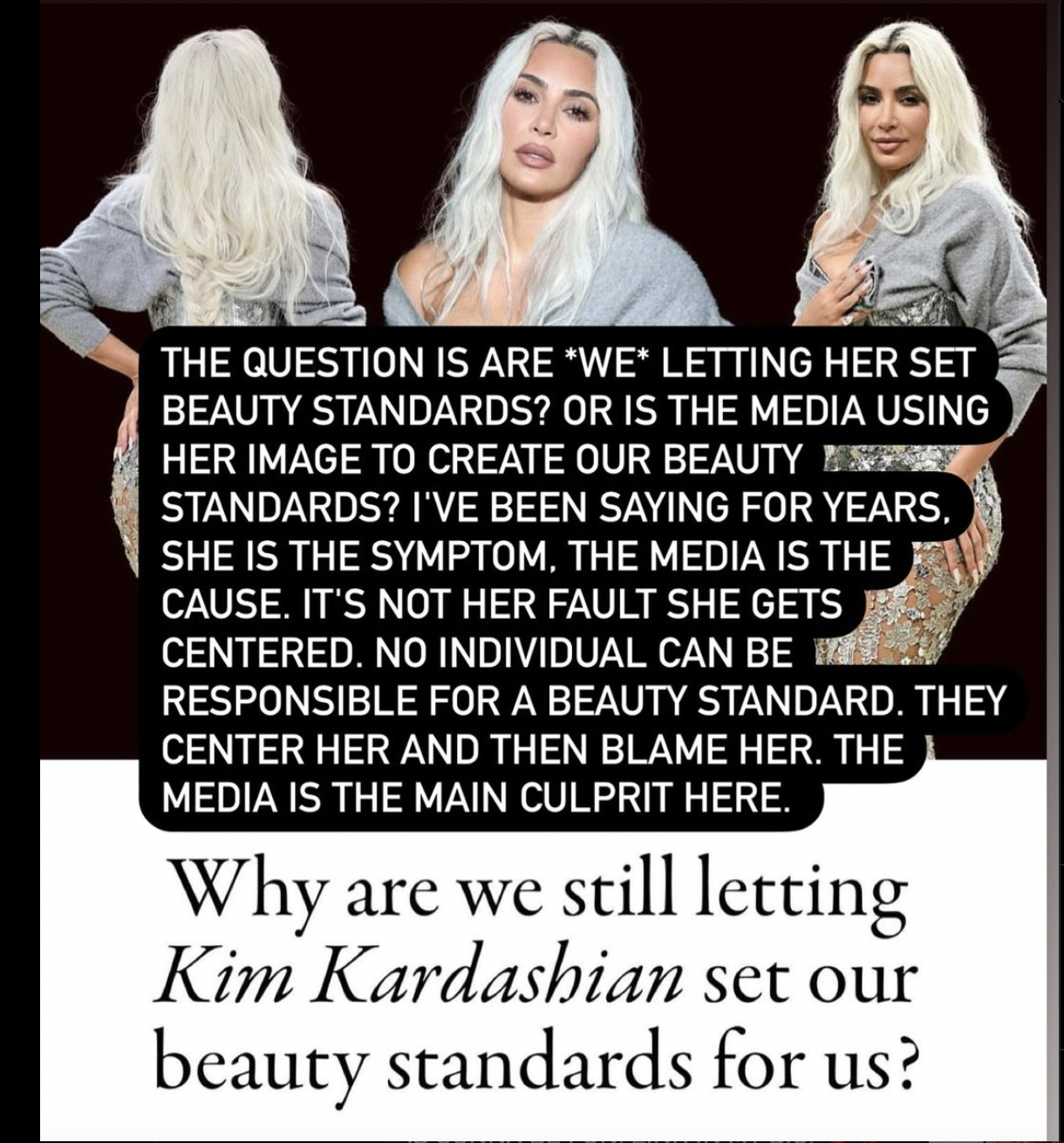Boredom Is the New Mindfulness: Finding Calm in a World That’s Always on the Go
We’re distracted all the time, no matter where we go. There’s always something demanding our attention. An Instagram post, to-do lists, a tv show, the news. It feels inescapable.
Our collective attention span is narrowing. It’s a problem of The Information Age: it’s giving us so much information, at once, at any time, that we’re overwhelmed and actually focus on or absorb very little. The more thrown at us, the less we retain. We read more snippets but remember less.
With so many things to do, and so many things to think about, sometimes the best option is to do nothing. To find calm in a hectic world, we all need to learn to be a little bored and find the inherent joy in that.
Just sit there. As the famous Timothy O’Leary counterculture-era quote goes, turn on, tune in , drop out. Let me explain further.
Boredom is good for us
While it has such a negative connotation, boredom doesn’t have to be bad. We’re conditioned to think that – especially with so many opportunities for things to do – we shouldn’t be bored. We’re not seizing the moment or making the most of our time on earth.
But boredom doesn’t have to be mindless – rather, it can be mindful. We can intentionally choose to be bored, to make it a conscious choice to drop out from activities and distractions.
Multiple studies have also shown boredom can boost our creativity and productivity: it helps us recharge to then be the best version of ourselves. Otherwise, if we don’t allow ourselves time to replenish in peace, we risk burning ourselves out.
Boredom gives us time to think, to ponder, to get to know the voice inside our heads again. When we’re not focusing on anything else, we get to connect with ourselves a little more. I know sometimes when I’ve been busy running around with social events and work, and then when I finally have a cool down period, I’m surprised by my own inner voice inside my head.
Oh yeah, you’re still there…
If we’re constantly distracted, either by people or things, we lose ourselves a bit. So sit down and get to know yourself. I won’t even judge you if you talk to yourself outloud.
Coping with distractions
When we have so many distractions available to us, the best thing we can do is minimize them through tangible actions. We have to learn how to escape the distractions and be bored, and how to not feel guilty about it.
Of course, this starts with getting a handle on how much we use our phones. Charge your phone overnight outside of the bedroom and invest in an alarm clock. Don’t reach for your phone the first thing in the morning. Set social media timer limits. Be conscious of where you’re giving your time and attention. Be mindful of the distractions themselves.
Other than that, accept that sometimes it’s best to skip out on social plans to have a little “me” time. But that doesn’t mean just binge watching netflix. Rather, just try and think for a while alone and see what comes up.
Lay on the floor. Stare at the ceiling. Simply exist. It’s a lot harder than you think: we simply don’t know how to be with ourselves and do nothing. But the more we do it, the easier it will get.
Embrace silence and solitude
We tend to gravitate towards things to fill the boredom, like playing music or running a show in the background. But sometimes, silence is the answer. We need to turn down the volume outside to hear inside.
In the book Golden: The Power of Silence in a Noisy World, the authors explain how to navigate a noisy, distracting world to find silence and inner peace. Interestingly, they break silence down into two key groups: silence of the mouth and silence of the mind.
Both can stimulate the brain and its default mode network (DMN) in diverse ways. The DMN is what governs our brain activity when we’re not focused on a specific task: in other words, when we’re bored, our brain goes into something of an autopilot. And we can only reach this state when we manage to calm our thoughts down, in a state of silence like meditation or boredom.
Physical silence – or silence of just the mouth – is a bit different from meditation, which calls for us to also silence our minds to achieve clarity. Meditation teaches its practitioners to observe thoughts as clouds passing by: just watching them without thinking or passing judgement.
But when referencing boredom, I’m talking more about sitting in physical silence so you can actually hear yourself and hear your mind. It’s not about quieting your mind necessarily, which is also extremely beneficial but a different tactic with disparate objectives.
Honestly, we could all use a little bit more of both forms of silence to ease the distractions in the beautiful, chaotic world around us. Silence of the mouth. Silence of the minds. And most of all, silence of our phones.






